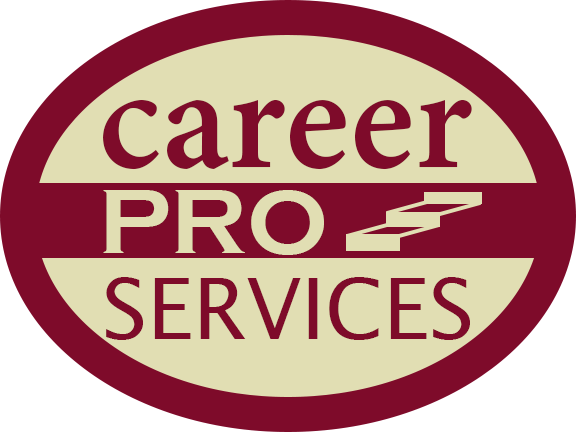
Do you find it difficult at times to turn the work switch off at the end of the day? Separating work from home is a struggle many people face, so to combat this, I reached out to a corporate health and wellness coach for suggestions.
Kayla B., MPH, who is a Nationally Certified Health and Wellness Coach, shared the following great tips:
- One tip you can try to do as you’re trying to transition from work life to home life at the end of the day is to do literally anything physical. That could mean you walk to your mailbox to get the mail, that could mean going on a 5 minute walk, that could mean spending 2 minutes stretching, that could mean doing 10 squats, that could mean giving yourself a foot massage, that could mean rubbing your hands slowly together back and forth for 30 seconds. The point in doing something physical is to prime your brain to tell it that you are going into the next phase of the day. This will help you turn off work and get into home life.
- Close your computer at the end of the day, and do not open it again until you start work the next day. This might feel like a huge challenge, and if you’re having trouble checking your email after work hours, you need to decide what is most important to you. Is it more important to check your email 10 times after you log off for the day, or is it more important for me to spend quality time with yourself, your partner, and your children?
- Every person’s situation is different, so if it is still important for you to check your email, that’s absolutely fine. What you need to do then is pick a number. “I am only going to check my email two times after I log off at 5:00 p.m.” Stick to this boundary. When you create boundaries you are going to have a happier life.
A strategy that has worked well for me is turning off the email notifications on my phone. I had a really hard time disciplining myself not to check an email when I heard the ding, but turning off the notifications has made a huge difference in my personal work-life balance.
What are some strategies which have worked for you to separate work from home?
Image courtesy of freeimages.com






 It happened! You were just invited to interview for a dream job! You’re excited and begin prepping for your interview right away, because you really want this job. However, no matter how excited you are for a potential job, don’t let the excitement cloud the red flags which may appear during the interview. Here are some of the many red flags to be aware of, some of which have been mentioned by clients:
It happened! You were just invited to interview for a dream job! You’re excited and begin prepping for your interview right away, because you really want this job. However, no matter how excited you are for a potential job, don’t let the excitement cloud the red flags which may appear during the interview. Here are some of the many red flags to be aware of, some of which have been mentioned by clients: If you’re like most individuals, you do not have an up-to-date resume; however, by not doing so, you may regret it. Here are five important reasons why you should update your resume sooner rather than later.
If you’re like most individuals, you do not have an up-to-date resume; however, by not doing so, you may regret it. Here are five important reasons why you should update your resume sooner rather than later. Let’s face it. This year winter seems like it will never end, and if you’re unemployed, it can be hard to keep up your motivation. So, here are some tips to get you through the doldrums of winter:
Let’s face it. This year winter seems like it will never end, and if you’re unemployed, it can be hard to keep up your motivation. So, here are some tips to get you through the doldrums of winter: